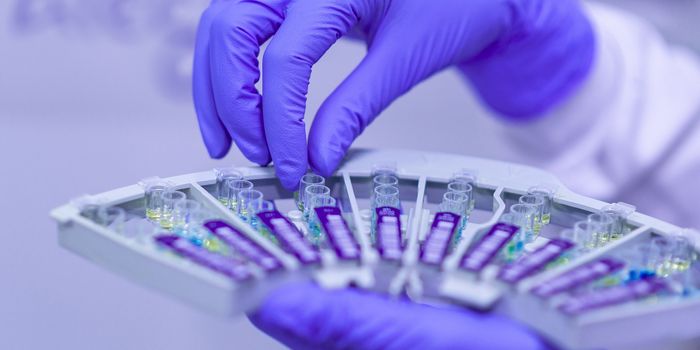Cell Therapy Scrubs Tumors, Spares Transplanted Organs
Hepatitis B infections have created a ‘silent epidemic’—infected people don’t display any symptoms, and as a consequence, unknowingly pass the virus on to others. The signs of hepatitis B virus (HBV) infection only manifest years after the initial infection. Many patients present with a common form of liver cancer called hepatocellular carcinoma or HCC.
At this critical stage, liver transplants provide HCC patients with the best hope. However, traces of the HBV in circulation still linger, which can return with a vengeance, only to reignite cancer in the newly-transplanted liver.
Consequently, HBV-positive HCC patients who have received liver transplants have very few viable options to keep them cancer-free. This is partly because these individuals need to take a life-long regimen of immunosuppressive drugs to prevent their immune systems from rejecting the donor organ.
Cell therapies using reprogrammed T cells are available clinically—the patient’s immune cells are directed to target and eliminate tumor cells. However, immunosuppressive drugs taken by HCC patients would not discriminate against these ‘good’ immune cells, disarming them and reducing the efficacy of T cell therapies.
Now, researchers have developed T cell soldiers with specialized skills and strong, protective shields. A team led by Antonio Bertoletti from the Singapore Immunology Network (SIgN), developed next-generation T cell therapies that are resistant to immunosuppressive drugs. These unique T cells have been genetically manipulated such that they recognize and target liver cancer cells that contain fragments of HBV proteins.
In their study, the researchers found that the commonly prescribed immunosuppressive drugs (tacrolimus and mofetil) were toxic to first-generation T cell therapies. However, by equipping T cells with a specific panel of genes, the turbocharged next-generation cells could maintain their cancer-killing capabilities even in the presence of harsh immunosuppressants.
This discovery paves the way for a new class of T cell therapies for HBV-positive patients with HCC that can eliminate tumors while leaving healthy liver tissues untouched.









